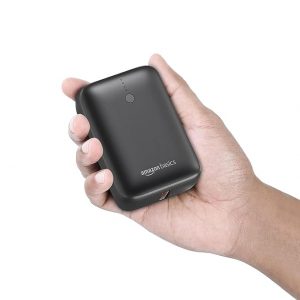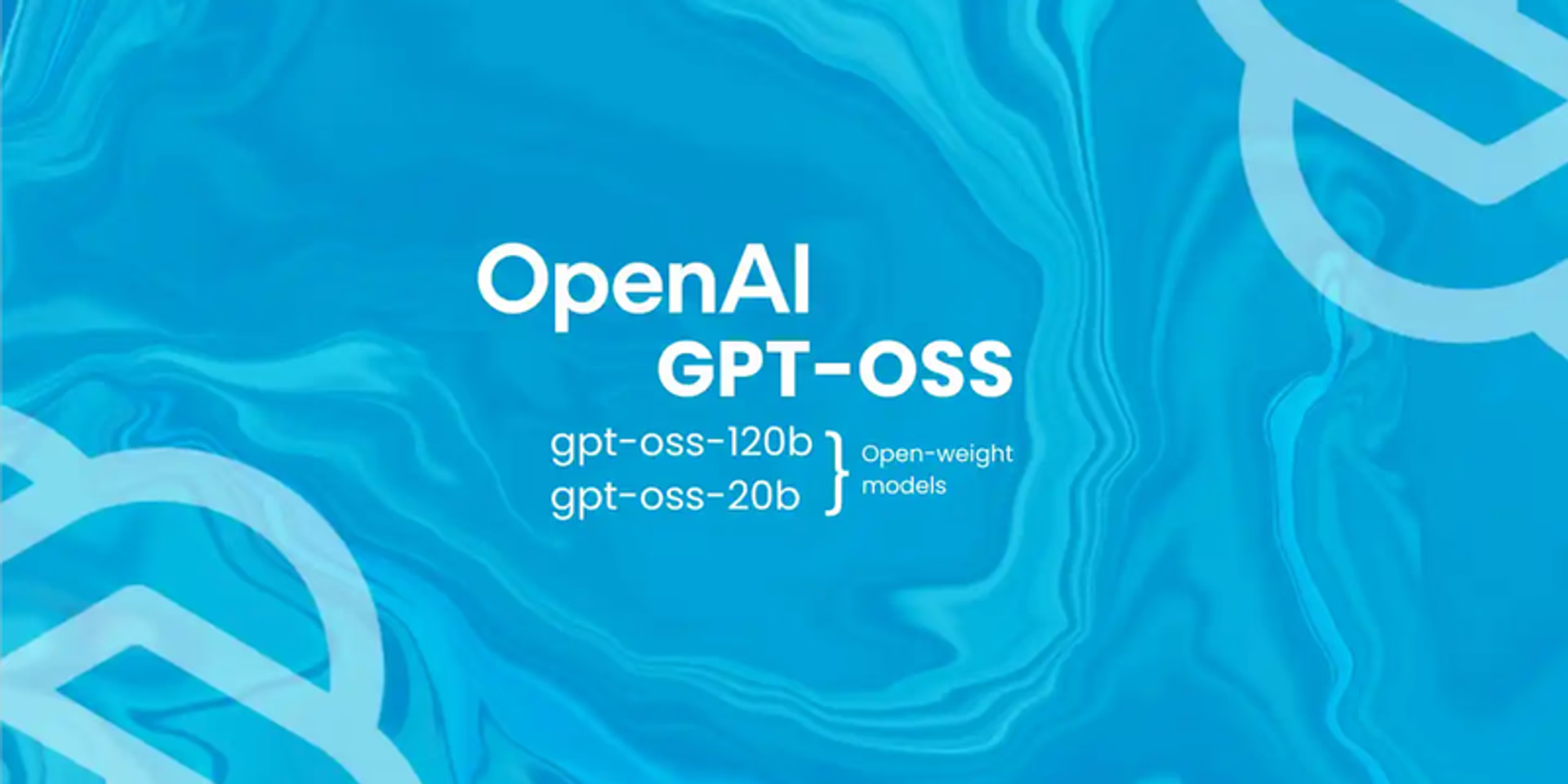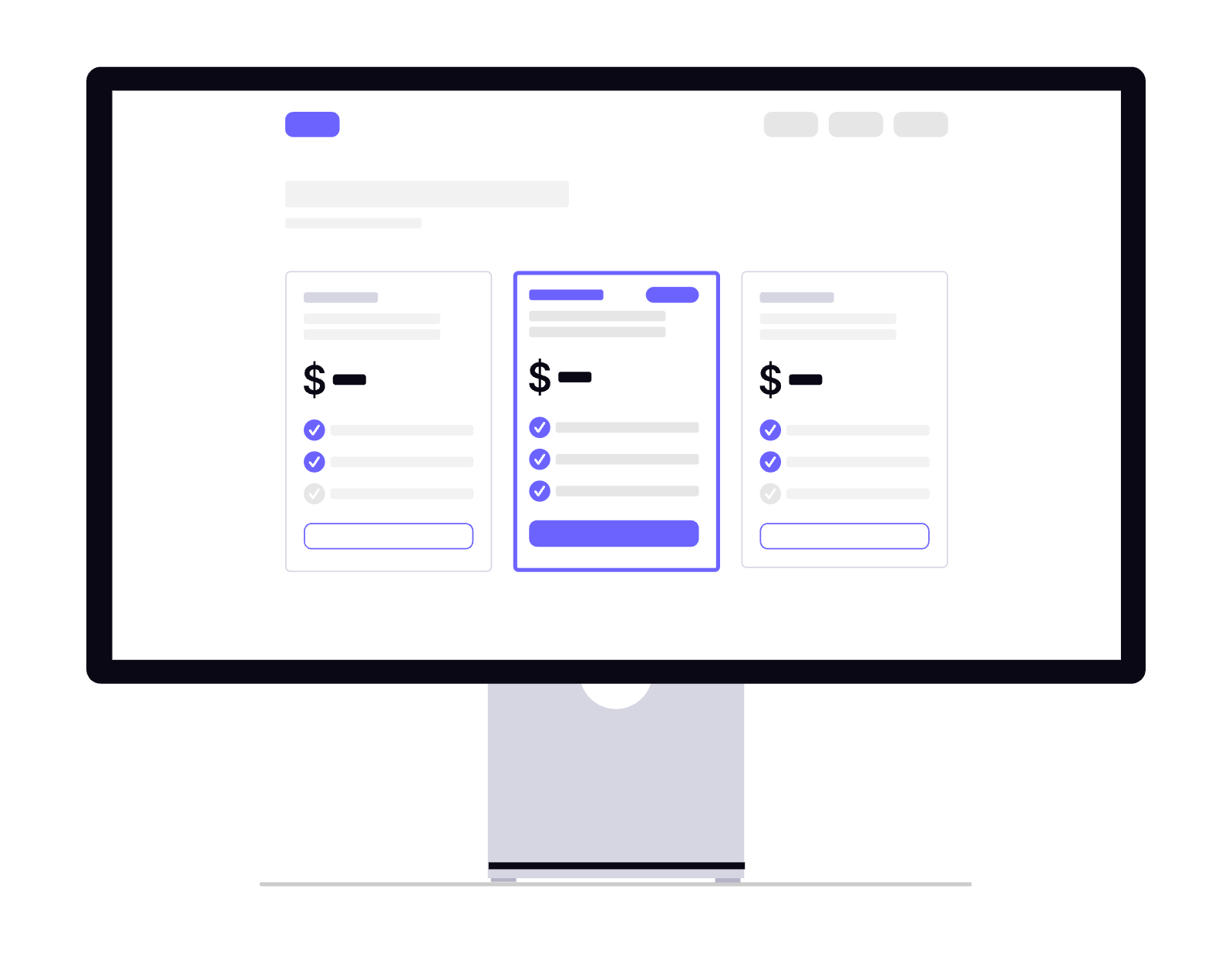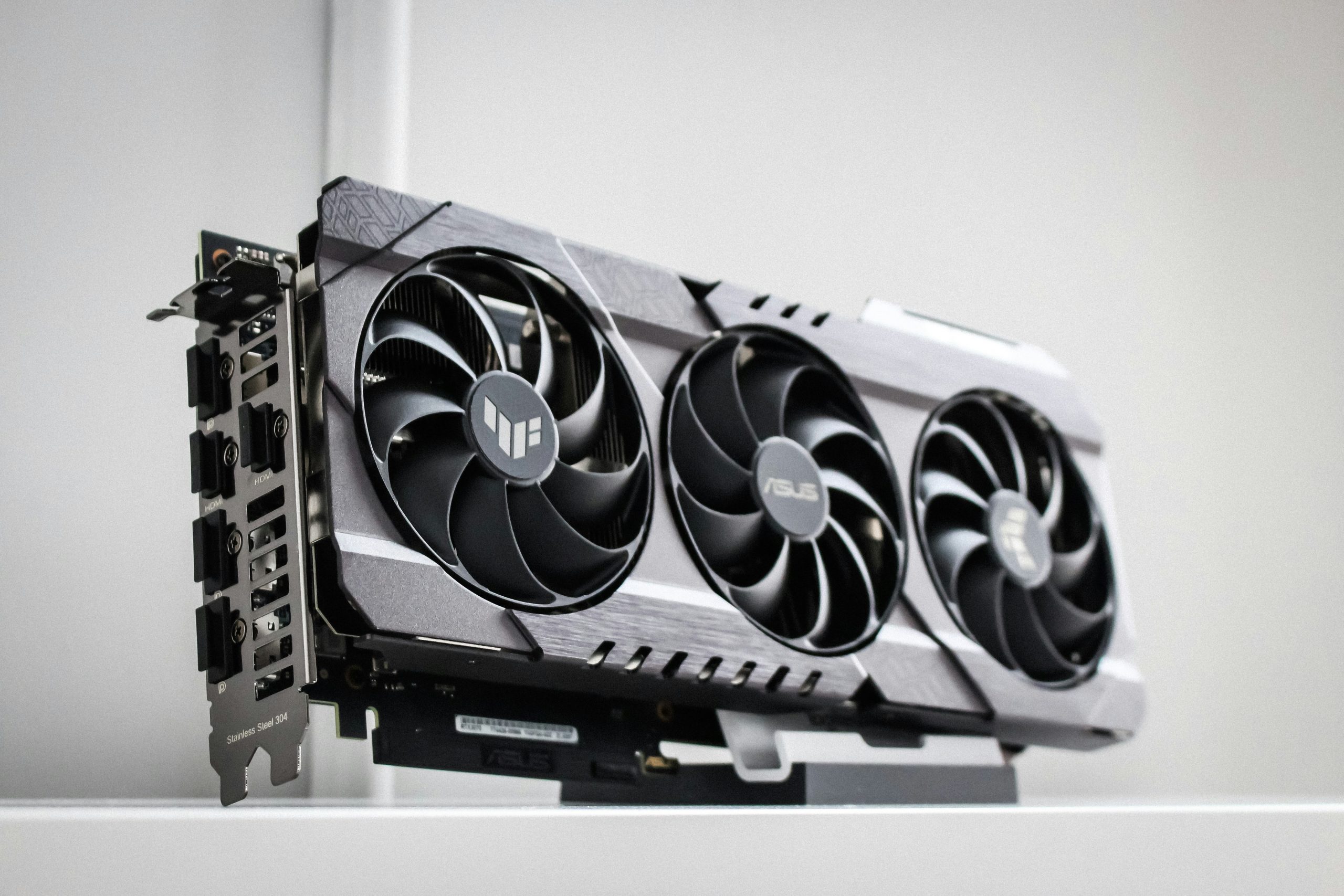OpenAI has just dropped two cutting‑edge AI models—gpt‑oss‑120B and gpt‑oss‑20B—marking its first open-weight release since GPT‑2. This strategic pivot makes advanced AI tools accessible, flexible, and ready to run on your own hardware.
What Are These Models All About?
- Open‑Weight Format: These models come with full trained parameters you can download and use—no need for API locks or proprietary access.
- Model Sizes:
- gpt‑oss‑120B: Around 117 billion parameters; performance comparable to OpenAI’s o4‑mini.
- gpt‑oss‑20B: A compact model (~21 billion parameters) optimized for edge devices.
- Hands-On Compatibility:
- gpt‑oss‑20B can run on laptops or smartphones with ~16 GB RAM.
- gpt‑oss‑120B demands more hardware—think 80 GB GPU setups—but delivers top-tier reasoning capability locally.
Why It Matters
- Developer Freedom & Control: Deploy models offline, add custom safeguards, and experiment without API limits.
- Built for Real‑World Use: Designed for tasks like reasoning, tool use, and organized output—these models support high‑quality workflows.
- Flexible Licensing: Launched under Apache 2.0, they facilitate both commercial and personal deployment.
Expanded Accessibility Through Ecosystems
- Azure AI & Windows: Microsoft is baking gpt‑oss models into its Foundry ecosystem—local, low-latency AI for PCs.
- Amazon AWS Integration: Now available via Amazon Bedrock and SageMaker JumpStart, enabling secure, enterprise‑grade deployment.
- Broad Cloud Support: Partnerships with Databricks, NVIDIA, and more ensure broad availability and high performance.
Bottom Line
OpenAI’s launch of gpt‑oss‑120B and gpt‑oss‑20B marks a pivotal step in democratizing AI. These open‑weight models give developers and organizations unparalleled autonomy. Whether you’re running them on local hardware or using enterprise-grade infrastructure, the choice—and opportunity—is yours.








